DC 10.53pm
What would we not know where it but for brave whistleblowers speaking up? And what do we not know right now because the cost of courage in every country? These are the questions that keep me awake at night.
The cost for me as whistleblower? My mom got rammed by truck, staged accident. Still alive until today. If I count how much (in money measure) cost of my life after whistleblowing of something, maybe around 10-20 million dollars (around hundred billion rupiah).
Some of you have powerful memories of Daniel Ellsberg. You remember the incredible impact he had on the way Americans thought about the war in Vietnam when he leaked the Pentagon Papers back in 1971. My memory is different. It’s from just four weeks ago, when—in hospice care, knowing he had only weeks to live—he comforted a young whistleblower who’d come to conclude her act was pointless. You could have heard a pin drop, and I haven’t been able to stop thinking about that moment since I learned of Ellsberg’s death last Friday.
Ellsberg was a speaker at a conference, the Logan Symposium on Investigative Reporting, at the University of California, Berkeley. (You can watch the whole thing here.) He towered over the room on a giant Zoom screen, calling in from his home just a couple of miles away. On another screen was Reality Winner, who, as a twenty-something National Security Agency translator, leaked classified documents about Russian interference in the US election, and was sentenced to prison time for it. Now out and barred from traveling without the government’s permission, she sat in her living room in Corpus Christi, Texas, wearing a T-shirt that read “Grow Food, Love Hard,” and a weary expression.
It was clear from the outset that this was not the kind of panel where journalists congratulate each other for the great work they do. Ellsberg started it off noting, with a smile, that “I have yet to meet a whistleblower who has a good feeling about the newspaper they dealt with, or the reporter they dealt with.” Boom.
Ellsberg never did go to prison: The courts rebuffed the Nixon administration’s charges against him for government misconduct. (Nixon had been so consumed with the affair, he had his “plumbers” break into Ellsberg’s therapist’s office—the start of the shenanigans that ended with Watergate.) Reality Winner was less fortunate. The Trump administration charged her, too, with violating the Espionage Act and she was sentenced to five years.
Right now, of course, the Espionage Act is in the headlines for a different reason: It’s the law under which Donald Trump faces charges for hiding classified documents at Mar-a-Lago. But stashing secrets in your gilded bathroom is a fairly unique offense. More often, the law is used to punish people seeking to inform the public. The Obama administration went after former New York Times reporter James Risen under the act, and the Biden administration is using it as it seeks to extradite WikiLeaks founder Julian Assange (in a case begun under Trump).
Which brings us to that pin-drop moment at the panel. The moderator asked both Ellsberg and Winner: Would you do it again? Ellsberg’s response: He had “very great regret”—but only for not sharing the documents sooner.
“I knew that the president was lying the country into a wrongful war,” he said. “I knew that perfectly well as did hundreds of thousands of others. I disobeyed my oath to defend the Constitution from all enemies foreign and domestic when we heard the president lying about these things…The president was violating his oath, I was violating mine, everyone else was. I’ve often said to others: Don’t do what I did. Don’t wait until thousands more have died.”
Then the moderator asked Winner the same question.
“I absolutely would not do it again,” she said. “One hundred percent, zero out of five stars.” An uncomfortable laugh rolled through the room. “It didn’t accomplish anything,” she added as the laughter died. “It didn’t have a positive effect on my country. It didn’t save America.”
Winner’s leak, if you recall (few people do), was about Russian interference in the 2016 election. She shared a report saying that Moscow had hacked at least one voting software contractor and tried to penetrate 100 county election systems. She was not allowed to defend herself by sharing why she’d done it—the judge ruled it irrelevant—but she’s always maintained that she was driven to leaking by the Trump administration’s deception. “The truth wasn’t true anymore,” she told 60 Minutes.
But in the headlines, that story quickly was overtaken by the hunt for her identity. “Pretty early in the news cycle [with any whistleblower] the attention is shifted from what the information is to who the source is,” Winner said. “Journalists love to cover crime, and everyone wants a piece of it. That’s where the real story gets lost. What the whistleblower was trying to bring to the public gets lost entirely.”
Winner was in prison when Covid hit. Tensions ran high on the inside, and lockdowns and fights were constant. She self-medicated, became addicted, and, when she was released, discovered that the world had moved on. “The people on the left who pretend to champion you, they really didn’t do anything for you,” she told the journalist Megan Stack. “The people in the center won’t say your name. And the people on the right still think you’re a terrorist.”
As the panel wound toward a close, Ellsberg addressed Winner directly. “Reality, I’ve never seen you before,” he said, “but I have been reading about your case and realizing that I should have been following it more. I apologize.”
“You should not have been charged with a crime. Especially not under the Espionage Act, when you were not allowed to answer the question of ‘Why did you do this?’ You did what I said earlier, what I would like people to do: You acted on what you saw in a timely way when it might still make a difference.”
The dying whistleblower, whose name is in every history book, giving comfort to the young leaker whom even her supporters barely remember. It was poignant and sweet, and as uncomfortable as it needed to be.
Journalists give each other a lot of awards—but often, it’s not just journalists who deserve the credit. We rely on so many people, from the top-secret leaker to the court clerk helping us find a document, to the survivor who shares their experience in an interview. Some risk life and limb, some simply take a leap of faith in trusting us to report their story accurately. Some are heroes, some are complicated, even unlikeable, figures, some are both. We—journalists and the public—owe them gratitude. But we also owe them something more: not forgetting them.
Right now, that means paying attention to the latest whistleblower charged with violations of the Espionage Act—WikiLeaks’ Assange. As many First Amendment experts have pointed out, what Assange is alleged to have done back in 2010, when he published the documents leaked by the intelligence analyst Chelsea Manning, is the same thing many journalists do, meaning that a conviction for him risks making newsgathering a crime.
Many people remember Assange better for his more recent leaks, the DNC emails hacked by Russia during the 2016 election campaign. (“I love WikiLeaks!” Donald Trump was fond of saying at the time.) He has also been accused of sexual assault by multiple women; Swedish prosecutors said these allegations were credible but ultimately dropped an investigation because, they said, witnesses’ memories had faded.
But that’s neither here nor there when it comes to these charges under the Espionage Act—a law passed, it’s worth remembering, during what historian (and Mother Jones co-founder) Adam Hochschild has called the “Trumpiest time in American history,” the years after the nation’s entry into World War I, when internal repression and censorship ran rampant. As Adam wrote in an article adapted from his book, American Midnight:
Despite its name, the new law had almost nothing to do with spies. Both opponents and supporters saw it for what it was: a club to smash progressive forces of all kinds.
Sen. Lee Overman of North Carolina, for example, a plump, courtly Democrat who once helped filibuster an anti-lynching bill to death, declared that the Espionage Act was needed to prevent propaganda “urging Negroes to rise up against white people.” The act defined almost any opposition to the war as criminal. The penalties were draconian: “a fine of not more than $10,000 or imprisonment for not more than twenty years, or both.” What could send you to jail for 20 years? The list was so far-reaching that it was a prosecutor’s dream. At risk, for instance, was anyone who “shall willfully make or convey false reports or false statements with intent to interfere with the operation or success of the military or naval forces of the United States.”
The act has been amended since then, but it remains a powerful potential weapon against the press—and while the Supreme Court in the Pentagon Papers case ruled that the act cannot be used to stop publication of government secrets in advance, it never decided whether it can be used to go after journalists after publication. In fact, as the head of the ACLU’s Speech, Privacy, and Technology Project, Ben Wizner, has pointed out, the court “seemed to leave open that possibility” back in 1971.
Will the Republican majority on the Roberts court, several of them openly hostile to the press, finish the job if the Assange case lands on their docket? Will we soon live in a world where prison awaits not only whistleblowers like Reality Winner, but the journalists who publish their revelations, too? That’s the question Ellsberg, were he still here, would urge us not to ignore.
Whistleblowers make the world a better place, whatever sacrifice needed. Workers who call out wrongdoing are the wellspring of public accountability, regulatory action and public-interest journalism. Think of the scandals that have rocked in recent years: tobacco, war crimes in Afghanistan, misogyny - rape at the highest levels in public institutions, abuse in offshore detention, industrial-scale money laundering, widespread wrongdoing in the banking sector, mistreatment in detention, environmental devastation, and climate inaction.
We know about this litany of wrongdoing because the witnesses to it – the whistleblowers – spoke up. Whistleblowers speak truth to power and, in doing so, empower to demand justice. By exercising their right to free speech, whistleblowers protect the human rights of us all.
Research shows most whistleblowers suffer workplace retaliation for speaking up. Some are sacked by their employers, others sued into submission. The psychological toll of speaking up can be enormous, and the financial cost – in lost earnings and legal fees – can be crippling.
Laws that are intended to protect and empower those who expose wrongdoing are not working. Research has not identified a single successful case brought by a whistleblower under the relevant primary public and private sector regimes.
The mistreatment of whistleblowers means prospective truth-tellers stay silent. Right now, wrongs are being committed in every country that would make front pages, commissions, and lead to regulatory investigations. But they remain hidden because, faced with the prospect of jail time, lawsuits or being sacked, witnesses are staying silent. That is damaging. When darkness prevails over light, wrongdoing goes unchecked. When whistleblowers suffer, we all suffer.
The concept of whistleblowing is as old as society itself. The ancient Greeks had a word for it: parrhesia, or fearless speech. The first whistleblowing laws came about in medieval England, when rulers incentivised subjects to speak up if others committed the heinous crime of working on the Sabbath. Abraham Lincoln adopted a similar approach during the American Civil War, enacting a law to help expose fraud and corruption that is still in use today. But it was not until the 1970s and ’80s that the modern concept emerged, first in the United States through dedicated laws, and then around the world.
In other countries, a critical aspect of the relative success of whistleblowing laws has been no-cost or low-cost access to legal support through civil society. Initiatives in England, Ireland, the United States, Serbia, France, Italy, Guatemala and, through La Plateforme de Protection des Lanceurs d’Alerte en Afrique, across Africa.
The climate crisis is the accountability and human rights issue of our time; we need truth and transparency around emissions reductions, new and existing oil and gas projects, carbon offsets, illegal logging, biodiversity loss, the destruction of First Peoples’ sacred sites and more.
No one sets out to become a whistleblower. I have been fortunate to work with dozens during my career, in all different sectors or businesses, at home and abroad. They merely thought they were doing the right thing in speaking up. It was only later, when things went sour, when they lost their job, when they were sued, when they were facing jail time, that they realised they had blown the whistle.
It should not be that way. As a society that values accountability and justice, respect for human rights, good government and good governance, we should applaud those who speak up. They should be heroes, not villains. Every country will be a better place when whistleblowers are protected and empowered, not punished and prosecuted. Too often they feel isolated and alone.
Some still speak up, despite the risks. Some have called out the scandals, ensuring the world knew about war crimes, abuse, harassment, corruption, fraud, and human rights violations. But I keep coming back to those questions: what if they hadn’t spoken up? And what don’t we know, because so many stay silent? Urgently need laws (in every country), institutions, structures and support to ensure that courage is less costly.
=====end======
Thank you, as always, for reading. If you have anything like a spark file, or master thought list (spark file sounds so much cooler), let me know how you use it in the comments below.
If you enjoyed this post, please share it.
______________
If a friend sent this to you, you could subscribe here 👇. All content is free, and paid subscriptions are voluntary.
——————————————————————————————————
-prada- Adi Mulia Pradana is a Helper. Former adviser (President Indonesia) Jokowi for mapping 2-times election. I used to get paid to catch all these blunders—now I do it for free. Trying to work out what's going on, what happens next. Arch enemies of the tobacco industry, (still) survive after getting doxed.
Now figure out, or, prevent catastrophic situations in the Indonesian administration from outside the government. After his mom was nearly killed by a syndicate, now I do it (catch all these blunders, especially blunders by an asshole syndicates) for free. Writer actually facing 12 years attack-simultaneously (physically terror, cyberattack terror) by his (ex) friend in IR UGM / HI UGM (all of them actually indebted to me, at least get a very cheap book). 2 times, my mom nearly got assassinated by my friend with “komplotan” / weird syndicate. Once assassin, forever is assassin, that I was facing in years. I push myself to be (keep) dovish, pacifist, and you can read my pacifist tone in every note I write. A framing that myself propagated for years.
(Very rare compliment and initiative pledge, and hopefully more readers more pledges to me. Thank you. Yes, even a lot of people associated me PRAVDA, not part of MIUCCIA PRADA. I’m literally asshole on debate, since in college). My note-live blog about Russia - Ukraine already click-read 4 millions.
=======
Thanks for reading Prada’s Newsletter. I was lured, inspired by someone writer, his post in LinkedIn months ago, “Currently after a routine daily writing newsletter in the last 10 years, my subscriber reaches 100,000. Maybe one of my subscribers is your boss.” After I get followed / subscribed by (literally) prominent AI and prominent Chief Product and Technology of mammoth global media (both: Sir, thank you so much), I try crafting more / better writing.
To get the ones who really appreciate your writing, and now prominent people appreciate my writing, priceless feeling. Prada ungated/no paywall every notes-but thank you for anyone open initiative pledge to me.
(Promoting to more engage in Substack) Seamless to listen to your favorite podcasts on Substack. You can buy a better headset to listen to a podcast here (GST DE352306207).
Listeners on Apple Podcasts, Spotify, Overcast, or Pocket Casts simultaneously. podcasting can transform more of a conversation. Invite listeners to weigh in on episodes directly with you and with each other through discussion threads. At Substack, the process is to build with writers. Podcasts are an amazing feature of the Substack. I wish it had a feature to read the words we have written down without us having to do the speaking. Thanks for reading Prada’s Newsletter.
Wants comfy jogging pants / jogginghose amid scorching summer or (one day) harsh winter like black jogginghose or khaki/beige jogginghose like this? click
Headset and Mic can buy in here, but not including this cat, laptop, and couch / sofa.




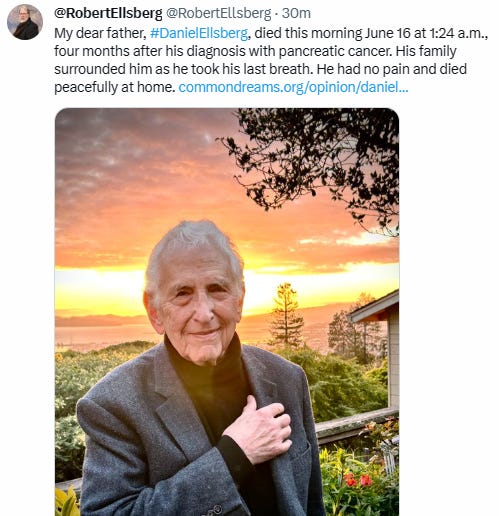
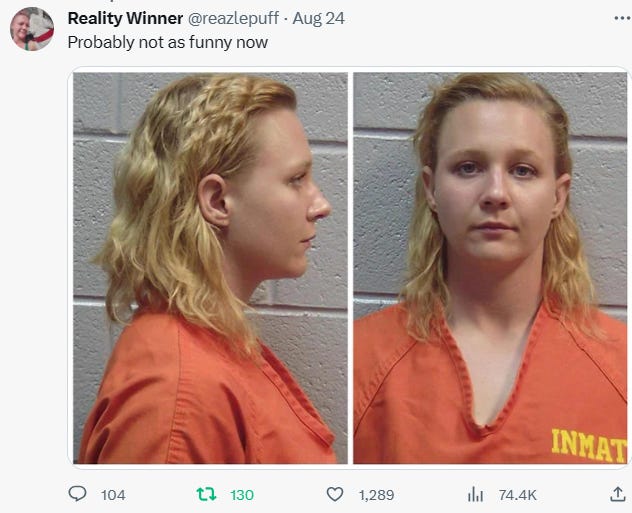
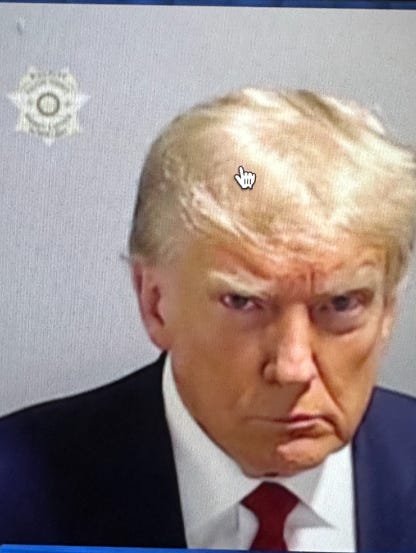
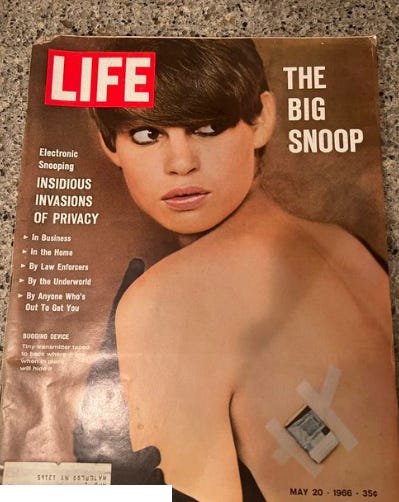
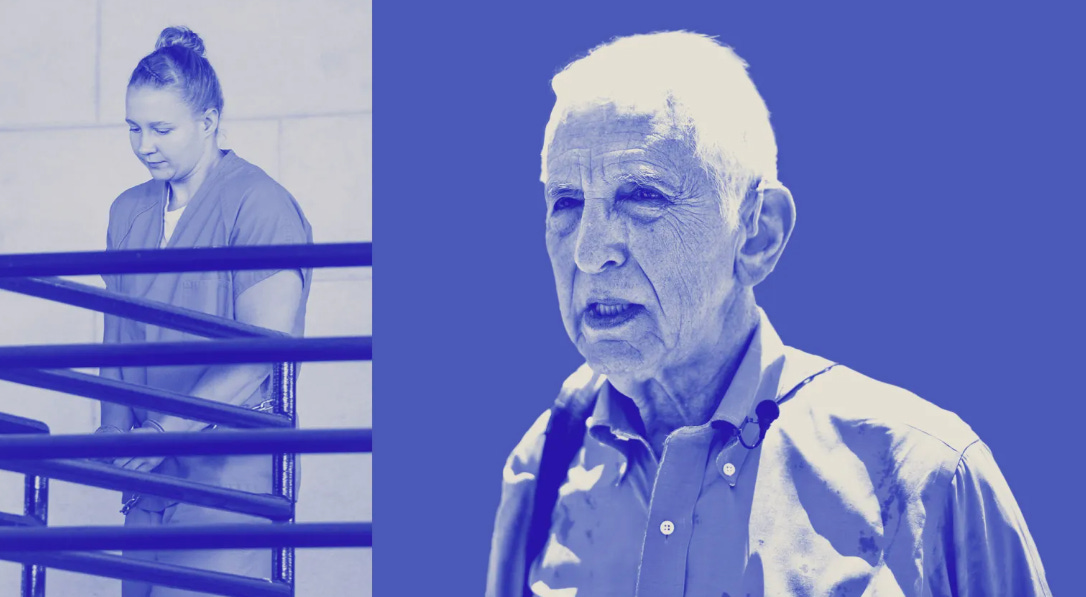

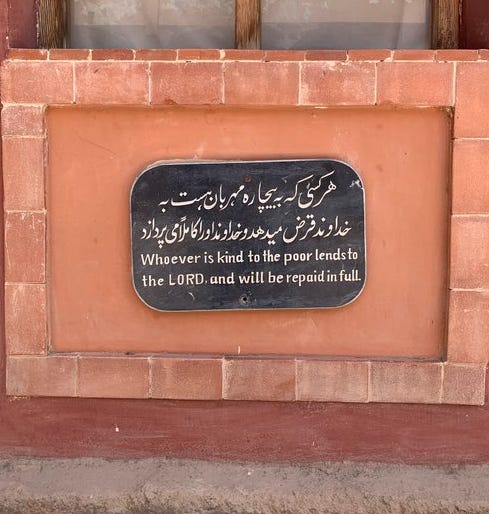
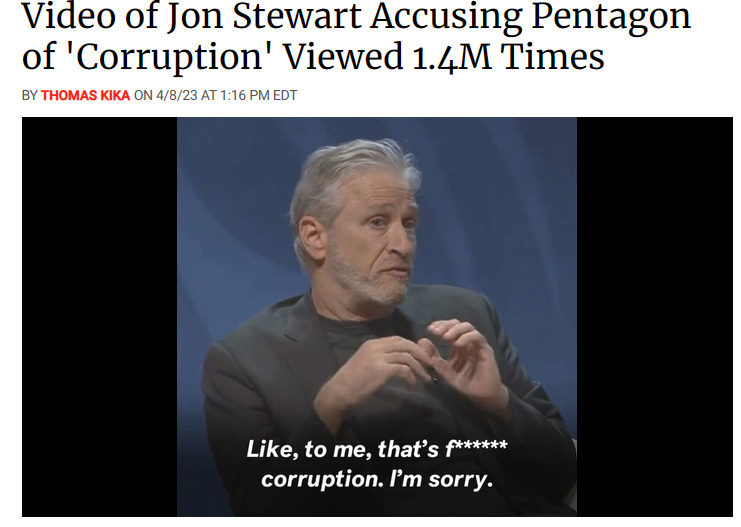
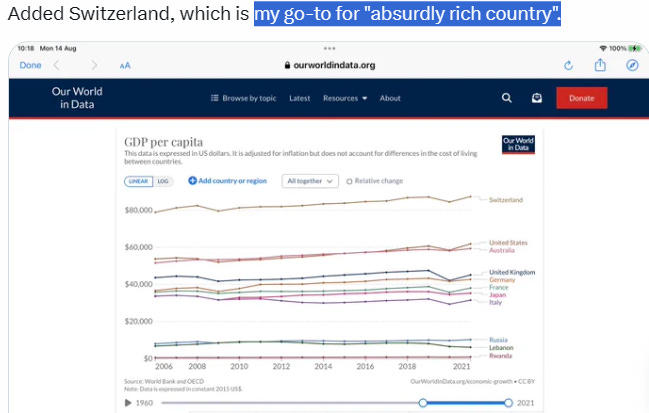
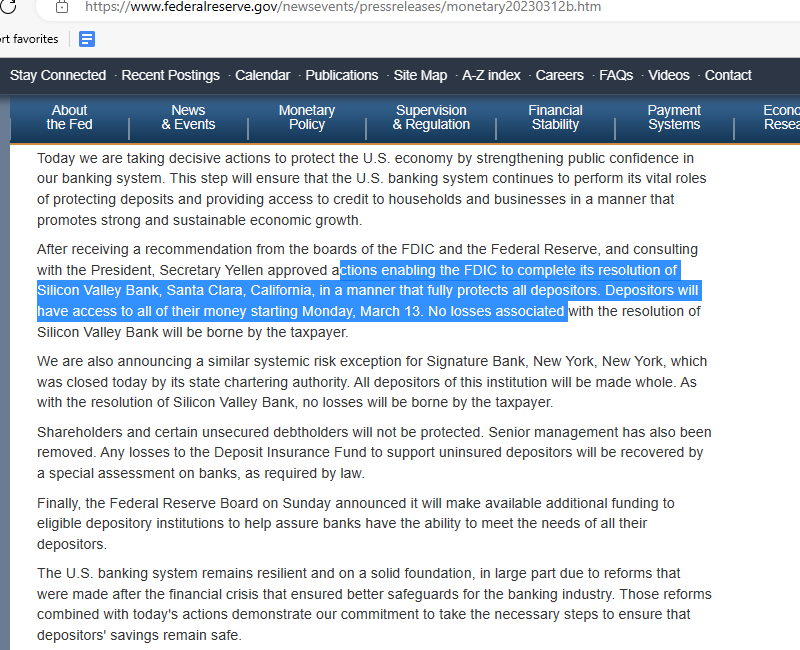
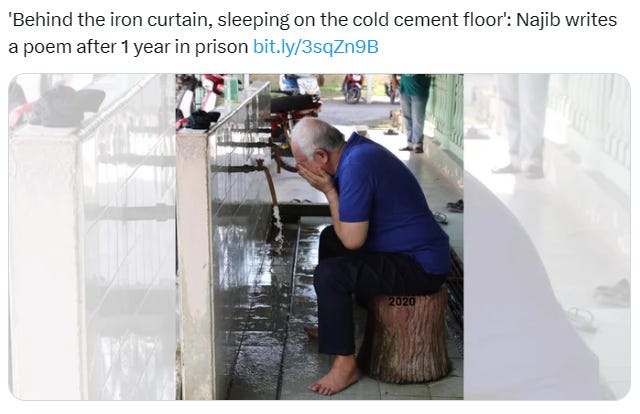
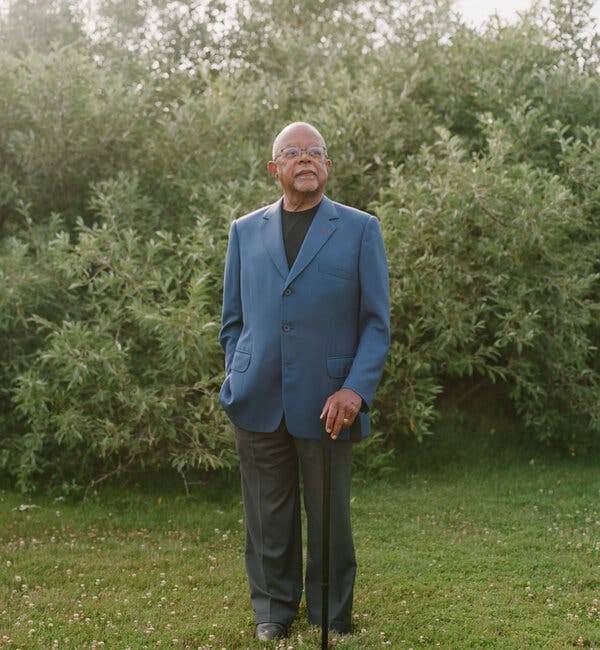
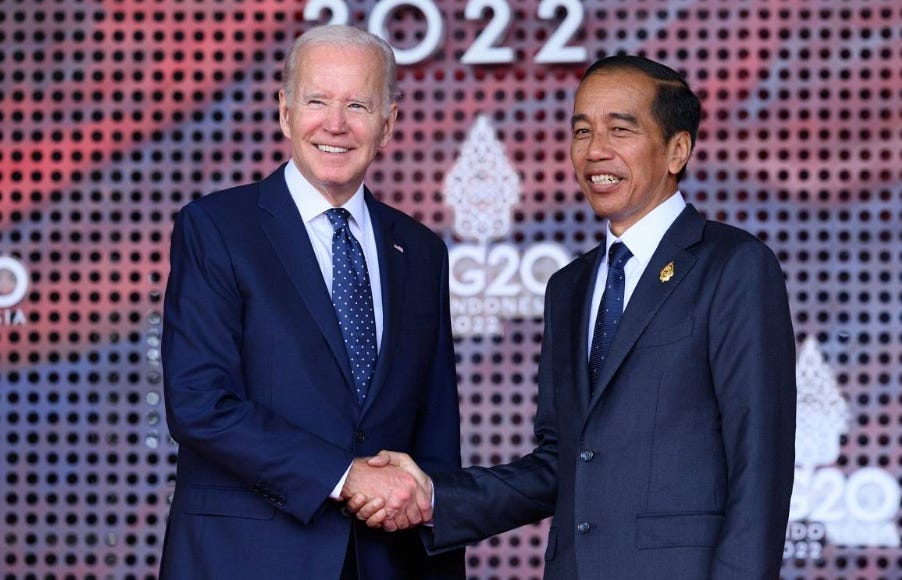

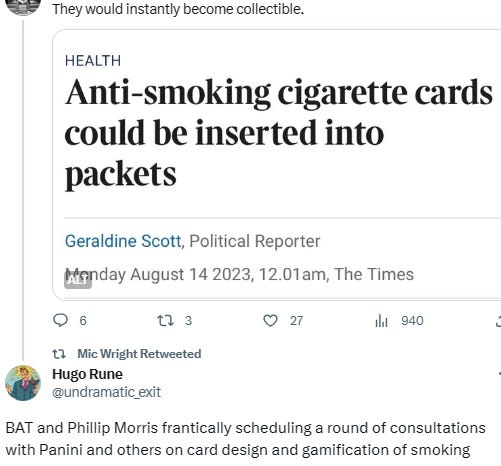
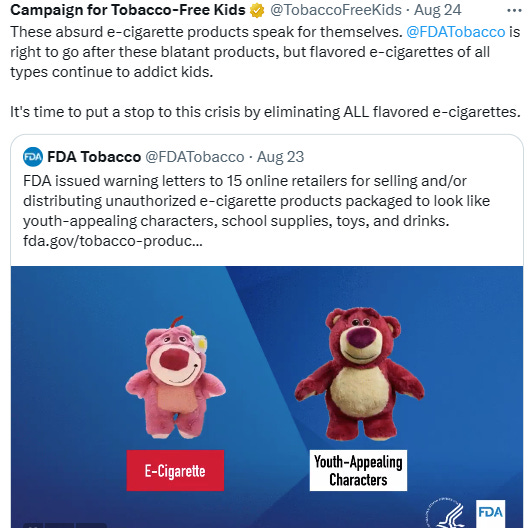

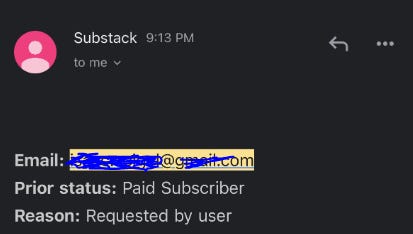
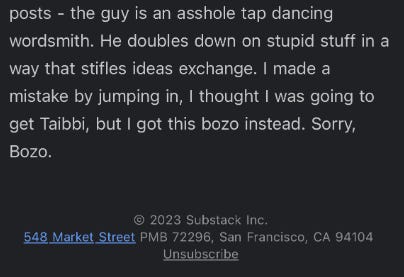
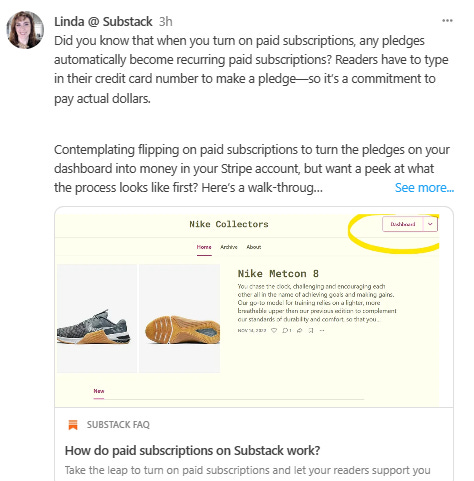

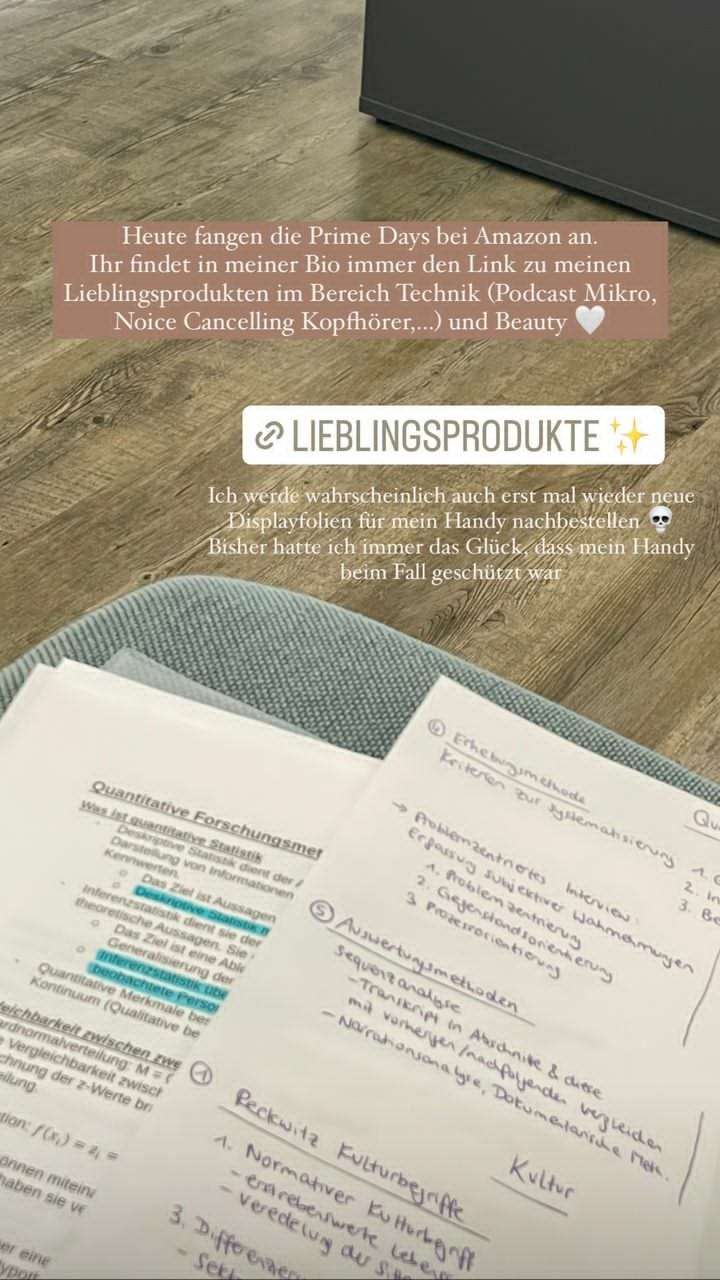
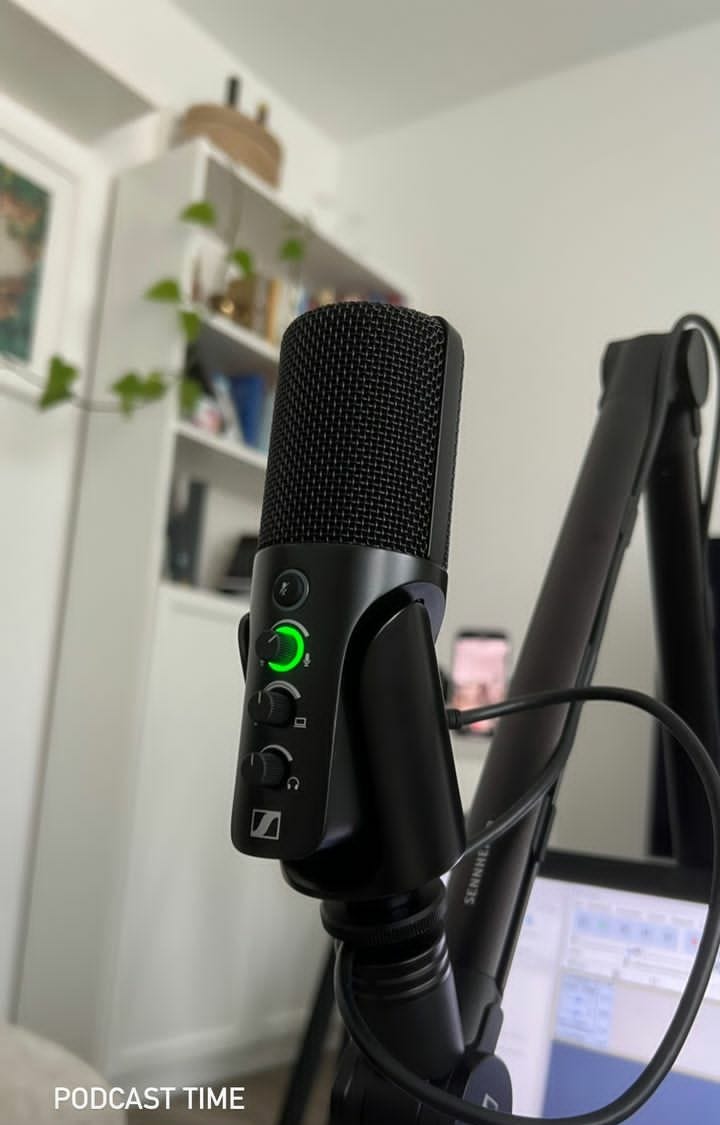
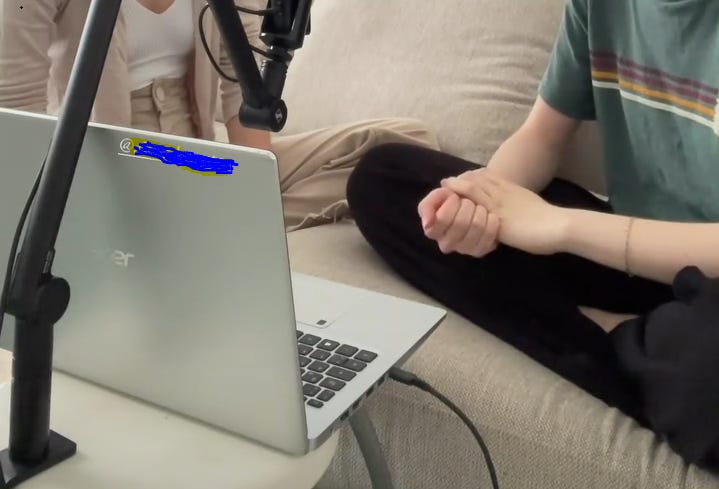
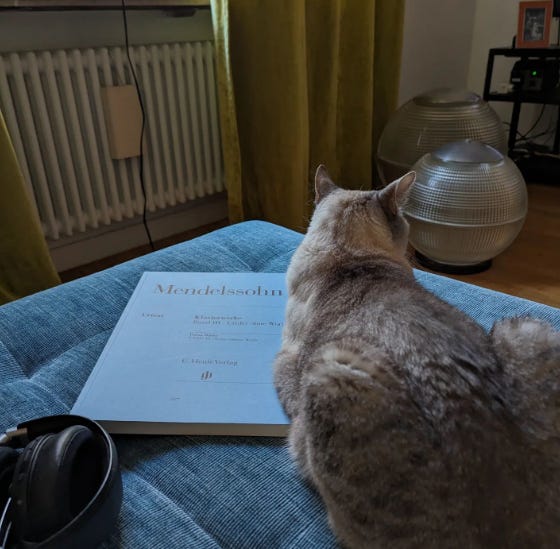
Free all whistleblowers. It all balances out🙏❤️
https://www.bitchute.com/video/567GbaLuIu38/
https://prada.substack.com/p/how-to-protect-whistleblowers
Harm/murder/retaliation/kidnap against innocents is a crime of the highest severity.